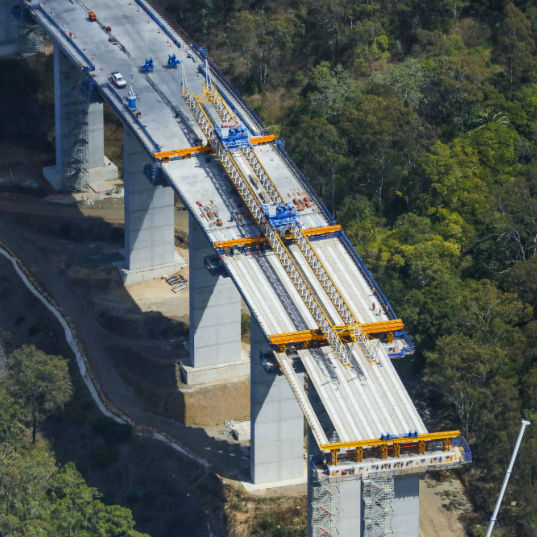The paradigm of progress has always been represented by big infrastructure. Its multiplying effect for opportunity and the possibility of generating a positive impact is well received by communities if it is accompanied by jobs creation for inhabitants of the area concerned and respect for the local environment, etc. This is why the economic premise of undertaking an infrastructure project is important, but not the only factor.
The other is what we call a social license to operate, or, if you like, the agreement of the community, which goes much further than local regulation, rather the acceptance that a project should even start on its territory. Let’s look at what this comprises.
What is the social license to operate?
Social license is a measure came out of an initiative by the United Nations in 2004, by which it urged companies – mostly in the extractive industry – to allow indigenous peoples to participate in projects being carried out in their areas, requiring their consent before beginning. This consent had to consist of a prior, freely-arrived-at and informed welcome.
The UN reminded the parties that legal legitimacy was not enough for an activity to begin; social legitimacy must be sought from those affected by it.
Since then, social license to operate has been applied, above all, in activities implying a big environmental impact or safety risks. Although there isn’t a list of requirements to fulfil, since these depend on the beliefs and perceptions of each community, today the standards demanded by this concept are increasingly rigorous, since transparency has become greater in recent times thanks to more corporate self-assessment and greater knowledge among people whose rights need protecting.
The measure offers advantages both ways: the communities affected can assess how they will benefit from, or could be harmed by, a work and are able to participate in its development, and; the companies involved can ensure that the development of its plans occurs without conflicts or social unrest.

More than the law provides for
An industrial or urban development project cannot currently be carried out without the obtention of a social license to operate. Companies already critically assess and inform on the environmental impact, waste generated, local jobs created, as well as the skills of employees, and many other aspects of its activities. But the social license to operate is difficult to define and almost impossible to measure, and on occasions governments and companies responsible for carrying out projects come up against this too late, when environmental, social and corporate governance factors have not been taken not account in design stages, yet later become hugely important.
Additionally, the social license to operate is dynamic, i.e. needs renewing and approving continually by the community and should not be seen as a mere process that can be carried out just once, at the beginning of a project.
The social license very much concerns dialogue with communities, where listening is paramount. It consists of three premises:
- Legitimacy, governing the social, legal and cultural “rules of the game” for the community a project is going to affect
- The credibility the public or private entity can offer via transparency and the veracity of the information it presents, and, above all, fulfilment of the commitments made, and
- Trust between the organization and the community members, which requires long-lasting, quality dialogue and the generation of shared value.
Effective coexistence, between the organizations that build infrastructure and community members, needs the development of rich and lasting relations based on respect and mutual understanding.